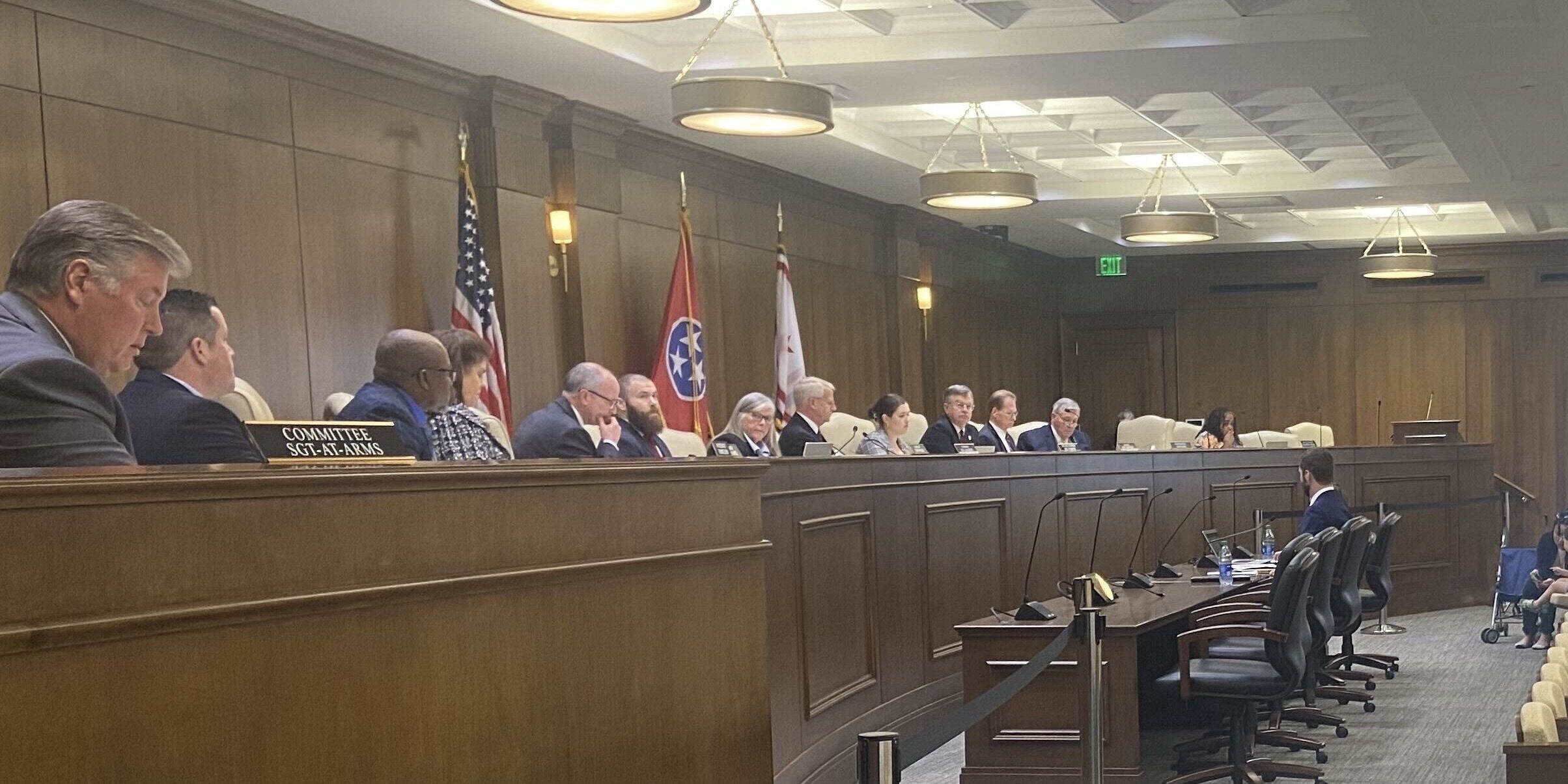A new report from a bipartisan group of Tennessee state senators draws extensively on the Sycamore Institute’s analyses and testimony about federal funding for K-12 education in our state. Last November, Sycamore’s Executive Director Brian Straessle and Deputy Director Mandy Spears presented before the Joint Working Group on Federal Education Funding. Last week, the Senate portion of the Joint Working Group released their report on the topic.
That report highlights a number of key points we’ve made about state revenues and the many trade-offs and questions to consider as policymakers explore the idea of declining those federal funds. For example:
- The days of historically large surpluses may be over, but Tennessee likely still has room in the budget to replace federal funding at the expense of other potential investments.
- There are more questions than definitive answers about what rejecting federal K-12 dollars could mean for Tennessee’s obligations because no state has ever done so.
- Many federal requirements could still apply to Tennessee schools even if the state rejected federal K-12 dollars — creating questions that would likely be resolved in court.
- If Tennessee rejected some or all of the almost $700 million it receives in formula funding from the U.S. Department of Education, those funds would not result in federal taxpayer savings unless Congress reduced its funding amounts by the same amount. While possible, it seems more likely that those funds would instead be redistributed to other states.
To learn more, you can watch our testimony to the working group and read Sycamore’s policy briefs on the topic. The first explains how much Tennessee receives from the federal government for education and which school districts rely on those dollars most. The second paper covers the requirements for accepting federal education funds and considerations for policymakers.

